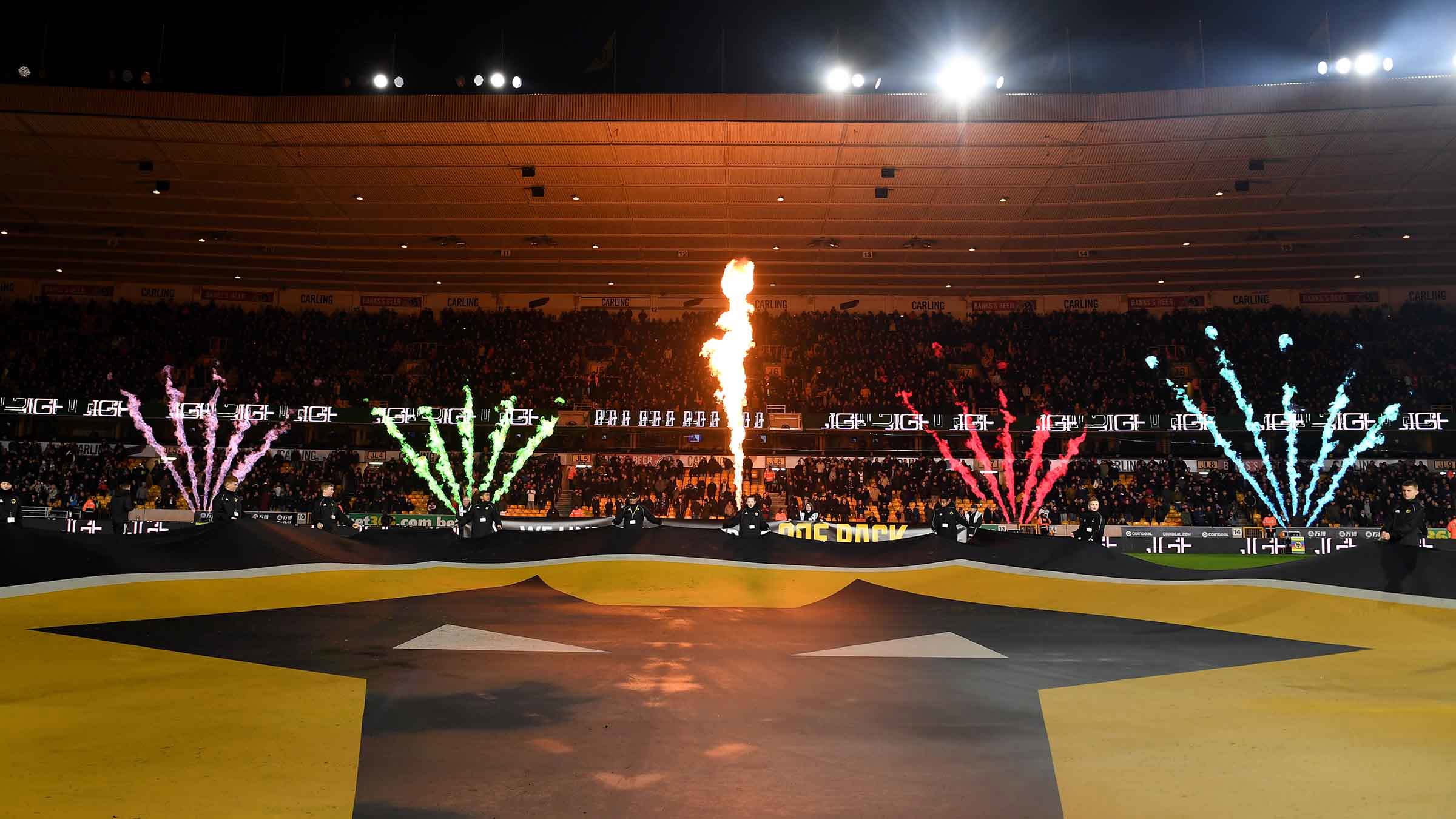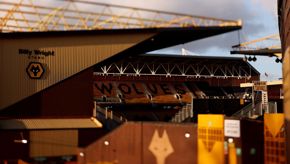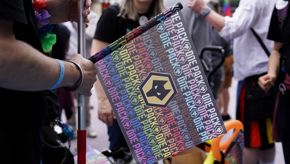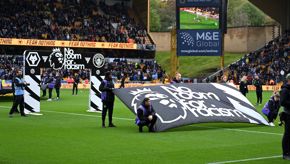The world is a diverse place. It’s made up of individuals from all different walks of life, backgrounds, genders, religions, sexuality and races.
Differences are often used to pit people against each other, but those same differences are what makes every single individual special and unique, and they should be celebrated.
That is what is happening at Molineux this weekend when Wolves and the Premier League come together to support Stonewall’s Rainbow Laces campaign and demonstrate their ongoing support for LGBTQ+ inclusion.
All Premier League fixtures between 22nd and 30th October, including Wolves’ tie with Leicester City at Molineux on Sunday afternoon and the visit to Brentford the following Saturday, will be see clubs demonstrate that football is everyone’s game in a variety of ways.
Rainbow-themed captain’s armbands will be worn while ball plinths, handshake boards and LED perimeter boards will also highlight important messages, while the Premier League is encouraging fans to play their part by holding conversations about what all football supporters can all do to support LGBTQ+ people and help create environments where everyone feels welcome.
Last month saw Birmingham Pride celebrate its 25th birthday with one massive celebration. In what was Birmingham Pride’s biggest ever event, crowds of an estimated 75,000 took to the city centre, and members of the pack were there to represent Wolves with pride.
Proud to represent the pack at yesterday’s@BirminghamPride parade 🏳️🌈
— Wolves (@Wolves) September 25, 2022
Enjoy the rest of the weekend!#OnePack pic.twitter.com/yklp9SkUXp
The aim of the event is to play a leading role in building a community where all people are free to live without fear or prejudice, and gold and black supporters were joined by staff from across the club, carrying the iconic One Pack rainbow banner.
“It’s really important for Wolves to be involved in Pride because I’m proud to be part of the LGBTQ community and I’m proud to be part of the Wolves community, so it was lovely to be able to bring the two together on the day,” said Helen Albanese, a lifelong Wolves supporter and member of the Wolves EDI (equality, diversity and inclusion) working group.
“What was really nice about the day was that it was so inclusive. It didn’t matter what label you give yourself, or what anyone else gives you, it was just a really lovely event to be a Wolves fan and celebrate that with fellow fans and other members of the LGBT community.
“It was an absolutely fantastic day. There was obviously a bit of banter with the West Brom fans, the Birmingham City fans and the Villa fans, but it was all love. There was the harmless rivalry we have, but everyone was really welcoming and supportive of us.”
Helen was one of the driving forces behind the club joining their West Midlands rivals at the event, where Wolves joined in with all the celebrations in Birmingham.
The day included decorated floats, organised walks and dances, as well as big appearances from Steps, Becky Hill, Melanie C and Ella Henderson, which all helped the celebrations – focussed on improving the lives of and empowering the LGBTQ+ community the region.
Helen added: “I’m proud to be a Wolves fan, I’m proud of the club, but it was nice to be the pride in the pack. From being in the EDI group, that was one of the first things I said to Zoe [Brough, Wolves’ HR director (pictured with Helen below)] when I started.
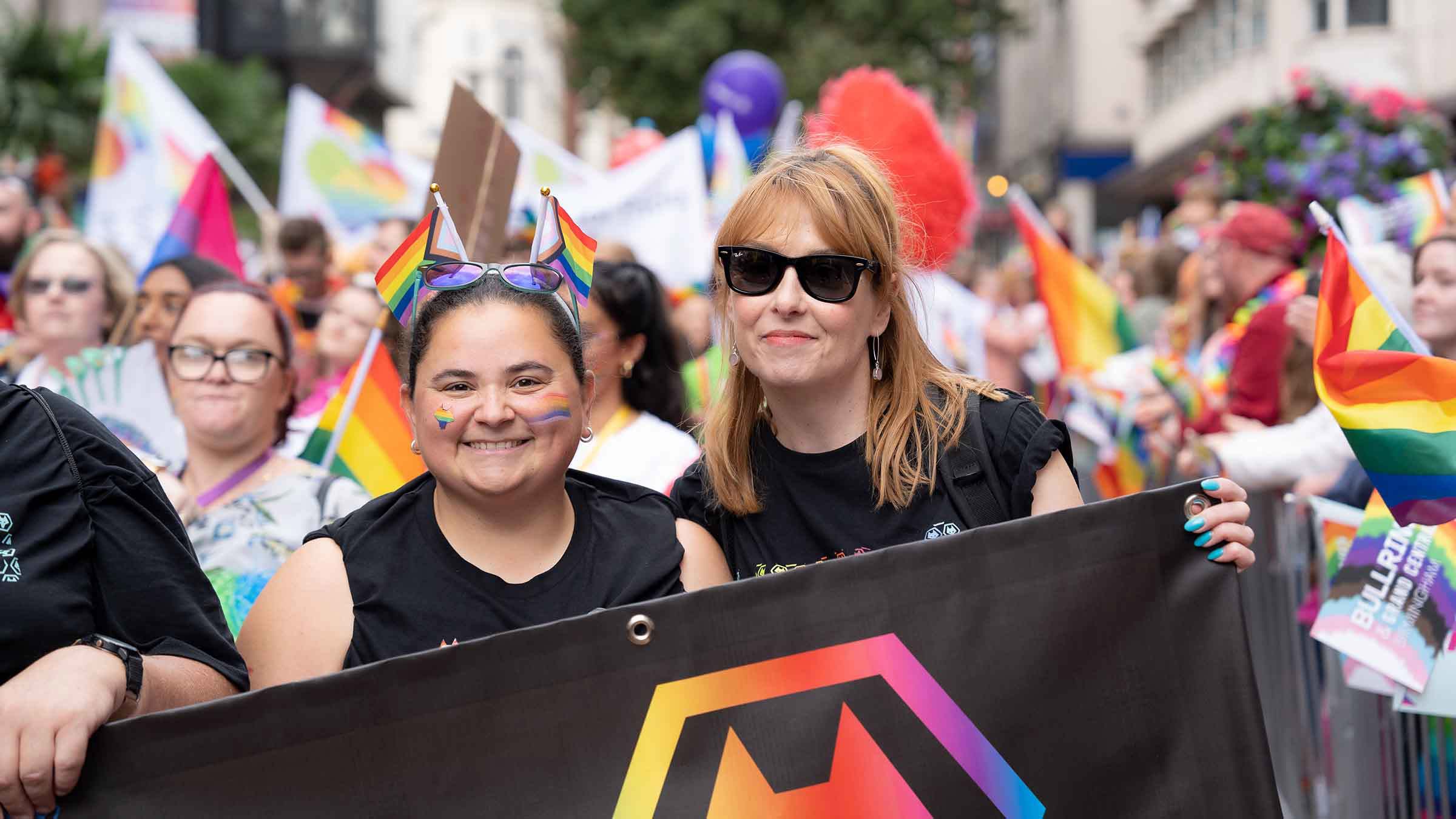
“I’ve been to Pride celebrations in the past, especially Birmingham Pride, and I see other clubs taking the initiative and having groups walking or on a bus, and every year I’ve always felt it was a shame that Wolves weren’t there.
“I always thought it would be a great idea and I know there are a lot of supporters in the club that are part of the community, both the Wolves community and the LGBT community, so I felt it would be a fantastic way to bring those two communities together, to say we are behind you and we are proud of you as well.”
A season ticket holder in the Billy Wright Stand, Helen has been going to watch Wolves with her dad since she was seven and reconnected with the club during the 2013/14 season in League One, where Kenny Jackett led the side to a record-breaking promotion campaign.
“I played football when I was younger and I’ve been a Wolves fan since I can ever remember. My dad took me to my first game, but I then went to university, became a teacher and started going back again properly in the League One season, and I absolutely loved it.
“Apart from the first season back in the Premier League, that League One season was probably my favourite ever season as a Wolves fan because it felt like the club was back together again. It was like we had to suffer that relegation from the Championship to bring the club back together and I loved it. I’ve been to almost every game since. “
As a member of the Wolves EDI group, Helen and her fellow supporters have been working together with the club to make Molineux, and football in general, a welcoming place where everyone, regardless of their differences, can come together as one pack.
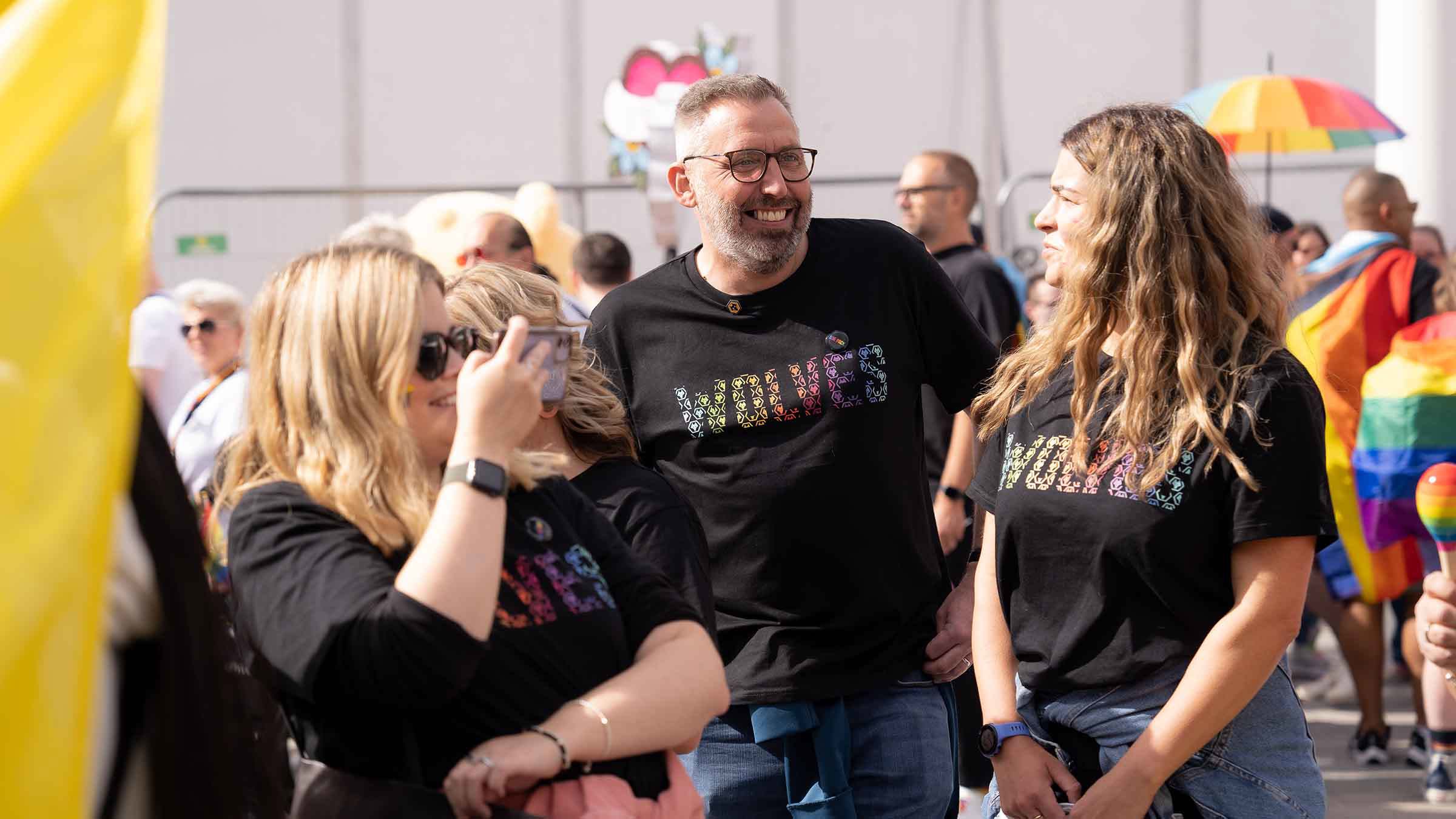
However, Helen admits the group are not ‘naïve’ and understand there is still a lot of work to be done if the group is to achieve its long-term goals.
“As much work as clubs can do, there is always that perception of football being a predominantly male-dominated area, especially Premier League football. We know it’s perceived that way, but for the fact that Wolves can come out at events like Birmingham Pride and say it doesn’t matter who you are, it doesn’t matter if you are LGBT, it doesn’t matter what background you’re from, what culture, race or religion you are, we are all part of the same community.
“We see things that people say about those who are different to them and we know that putting this group together does not mean discrimination against people will disappear immediately or that there won’t be work to do. It’s an ongoing issue.
“We’ve got great ambassadors at this club, supporter-wise and staff-wise, but it’s absolutely vital to have voices from all backgrounds and bring everybody’s experiences into it.
“We have members of the group who have heard homophobia at matches, we have people who’ve heard racism, we have people who’ve heard everything that they wouldn’t want to hear and shouldn’t have to hear, week in, week out.
“But, unfortunately, it’s a societal issue, and all we can try to do is break the stigma around the type of language that is used at football matches. There is still plenty of work for all of us to do, but we need to make sure everybody has a voice and we are all aiming in the same direction.”
